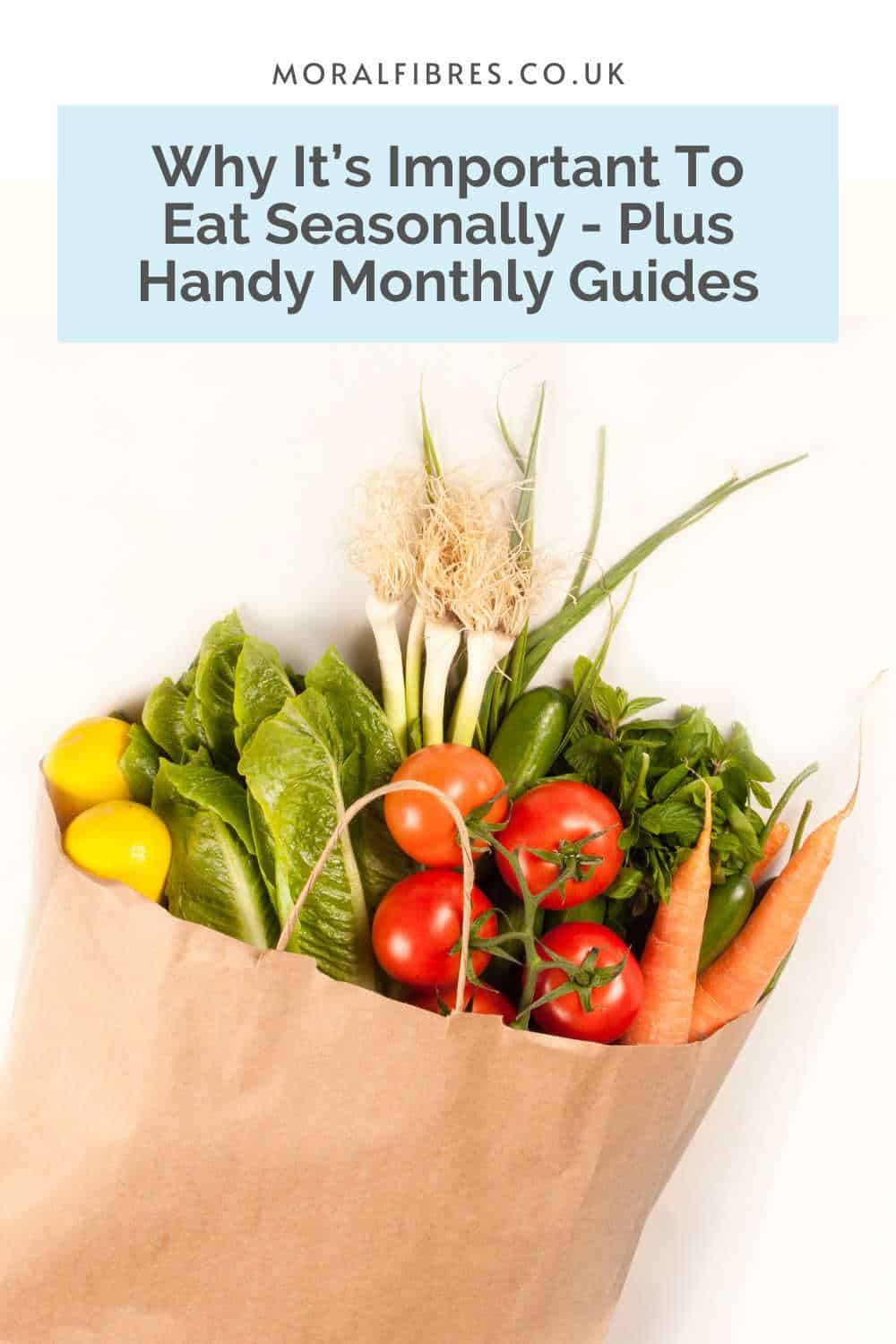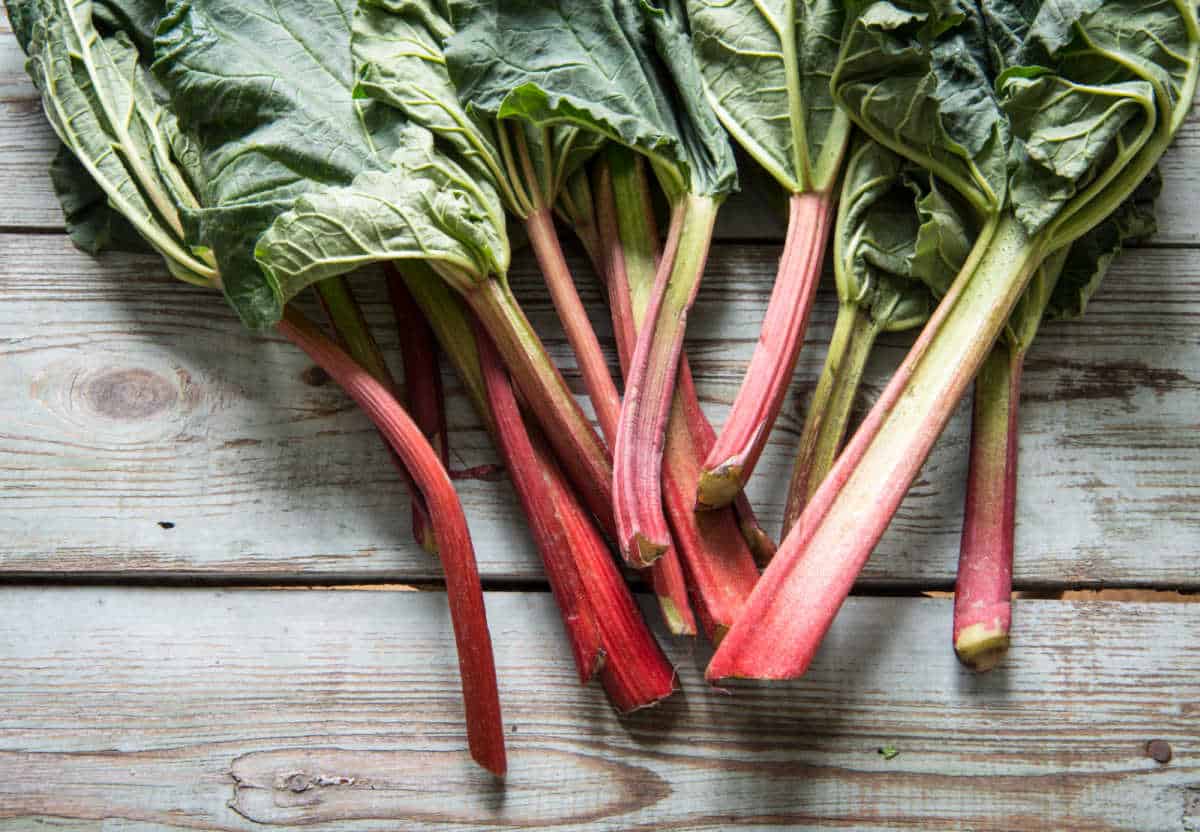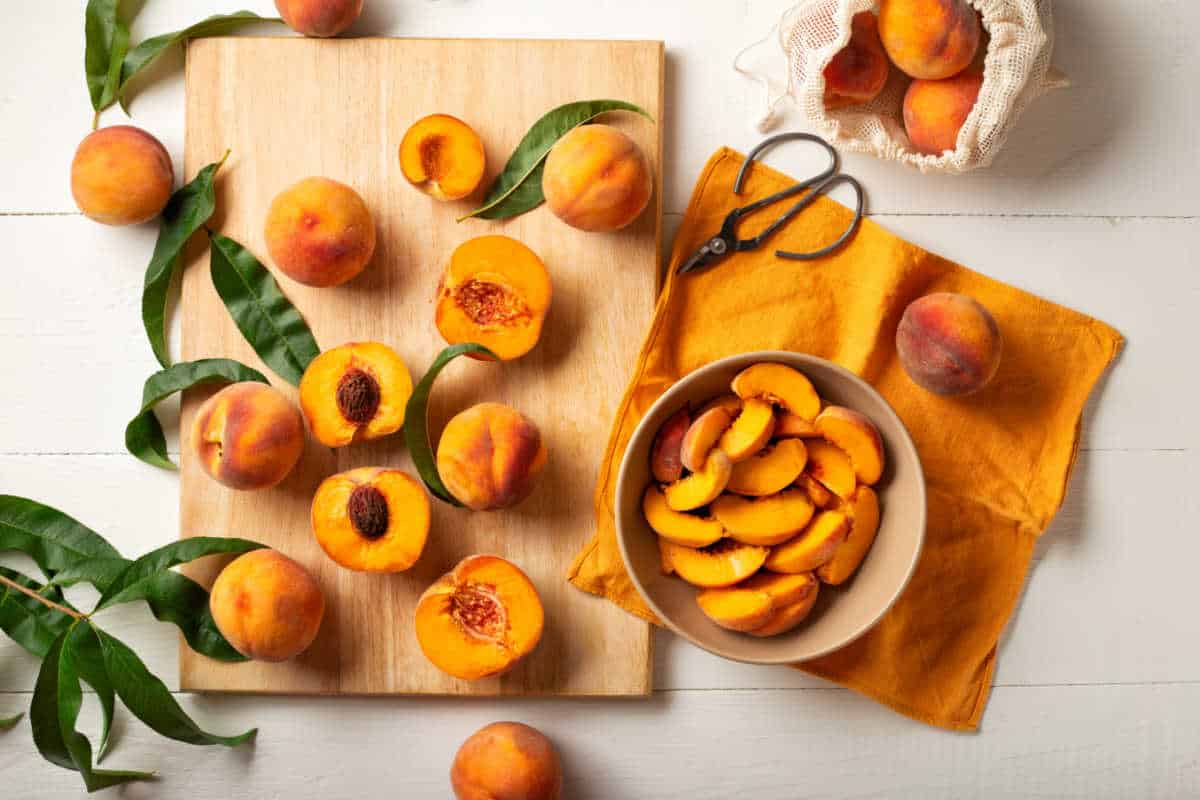Benefits Of Eating Seasonally Plus Month-By-Month Guides
To support the running costs of Moral Fibres, this post may contain affiliate links. This means Moral Fibres may earn a small commission, at no extra cost to readers, on items purchased through these links.
Whether you’re looking to cut your food bills, help the environment, or eat more nutrient-rich produce, here’s why eating seasonally is one of the best things you can do. Plus I’ve got handy month-by-month guides to help guide on the produce to buy each month.
We are all used to seeing every type of fruit and vegetable in the supermarket all year long. However, if you’re looking to make your trip to the supermarket more sustainable, and cheaper, then one thing you can do is to consider eating more seasonally.
I’ve found it one easy way to reduce my environmental impact and lower the costs of my food shopping. As such I’ve put together all the main reasons why you might want to change up what you eat and when, as well as month-by-month guides to keep you right each month.
So What Does Eating Seasonally Mean?
But first things first, what does eating in line with the seasons mean exactly?
Seasonality can be a tricky thing to define, as we often eat foods that aren’t local to us but are grown in season where they were produced – such as New Zealand apples. Whilst this would be an example of global seasonality, it’s not really what we mean by eating seasonally.
Instead, eating seasonally generally refers to foods that are harvested and eaten locally during the natural growing season. A good example of this would be blackberries – which in the UK are grown in summer, harvested at the end of summer, and then eaten in August and September when they are at their best.
Why Eating Seasonally Is Important

Eating in line with the seasons has a ton of benefits, here are just a few to get you started:
- In Season Produce Can Be Cheaper
- In Season Produce Can Be Nutrient-Rich
- Seasonal Produce Can Taste Better
- Eating Seasonally May Be Better For The Environment
In Season Produce Can Be Cheaper
At a time when we’re all looking to save money, eating seasonally can often be cheaper than eating fresh produce out of season.
It makes sense. Local farmers are harvesting seasonal produce in abundance, leading to a surplus that drives prices down. Consider the price of strawberries. In summer, there’s an abundance so their cost is lower. In winter, strawberries are imported from other countries and are much more expensive to buy.
Plus, because seasonal produce follows our natural growing patterns, most produce doesn’t need any artificial inputs to grow (such as heat). In season, tomatoes are cheaper to buy. But out of season, they may be grown in heated greenhouses, which adds to their production cost. These increased production costs are reflected in the increased prices we pay for our produce out of season.
As well as production costs, transportation costs play a part in the price we pay for fresh produce. Out-of-season produce is often freighted by air or boat from other countries. Seasonal produce, on the other hand, travels from UK farms, keeping transportation costs lower.
Altogether, this means when you eat seasonally, you might be able to find your food shopping stretches that bit further.
In Season Produce Can Be Nutrient-Rich

All fruit and vegetables are good for you. However, the rise of intensive farming has meant that the varieties of crops and plants grown tend to be selected to maximise yields, because of how resistant to disease they are. Because of this, it has been found that the nutrient composition of fresh produce can suffer.
By opting for seasonal fruits and vegetables, from farms that don’t practice intensive farming practices, then your produce may boast a higher vitamin and mineral content. This helps to ensure that you get the maximum nutritional benefits from your food.
Seasonal Produce Can Taste Better
One of the joys of eating seasonally is the flavour. Fresh, ripe and in-season produce is a taste sensation compared to its out-of-season counterparts. Ever notice how a winter tomato is a pale comparison, taste-wise, to a sun-ripened summer tomato?
This isn’t a coincidence. Seasonal produce is grown in optimum conditions, making it packed full of flavour. Plus it’s fresher because it reaches you sooner after being harvested.
Eating Seasonally May Be Better For The Environment
Eating seasonally may also contribute to the planet’s well-being. By opting for seasonal produce from local farmers, we reduce the need for long-haul transportation of out-of-season produce and the associated greenhouse gas emissions.
Commonly known as food miles – the distance food is transported from the time when it’s picked until it reaches us in the shops – are thought by climate researchers to be responsible for about 6% of the world’s greenhouse gas emissions. This is three times more than was previously thought.
If we opted to eat more locally, the researchers found we could “reap environmental benefits on the grandest scale”. A compelling argument if there ever was one.
Your Seasonal UK Guide – Month By Month

Not sure what’s in season each month? To help you out I’ve put together some handy guides detailing what fruit and vegetables are in season each month. Click on each month to be taken to each month’s dedicated blog post, outlining exactly what’s in season. You’ll also find a free handy printable on each page, that you can print off to help keep you right at the shops:
Found this post useful? Please consider buying me a virtual coffee to help support the site’s running costs.




